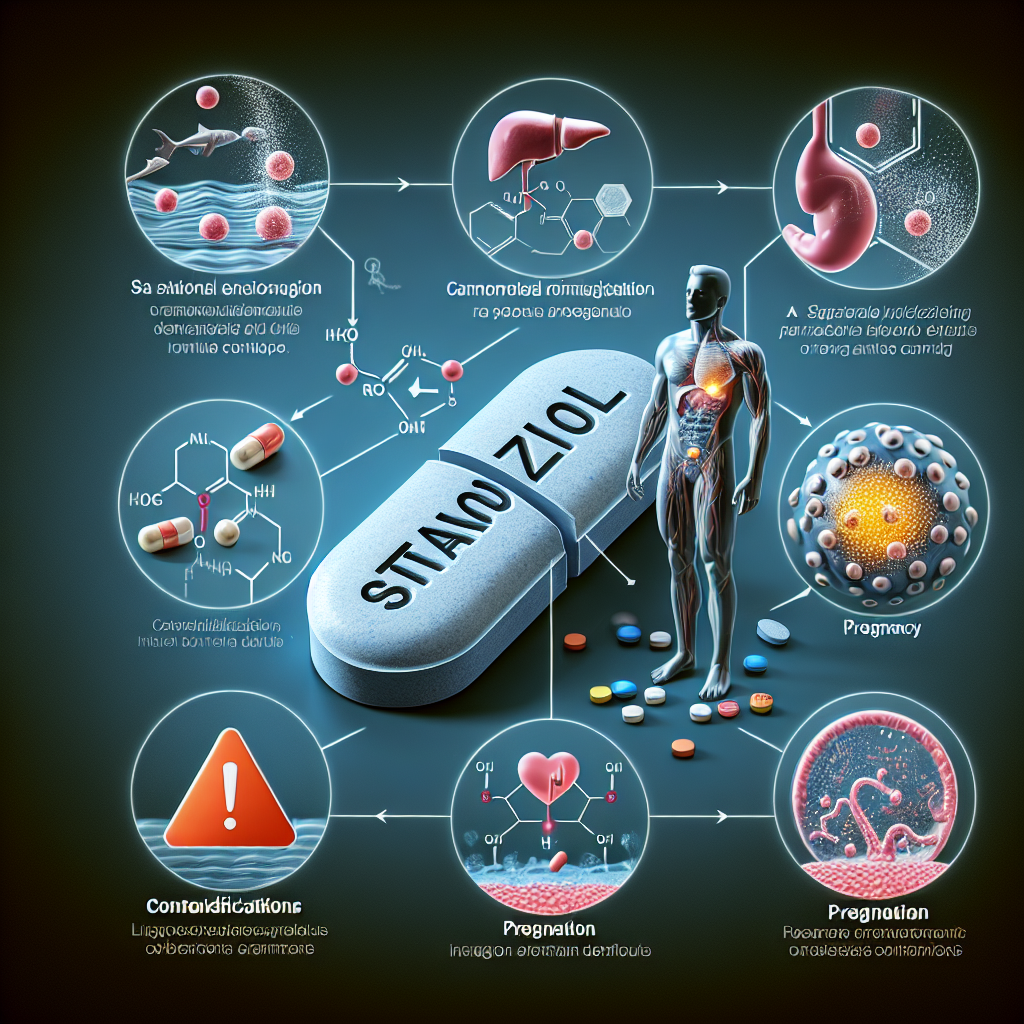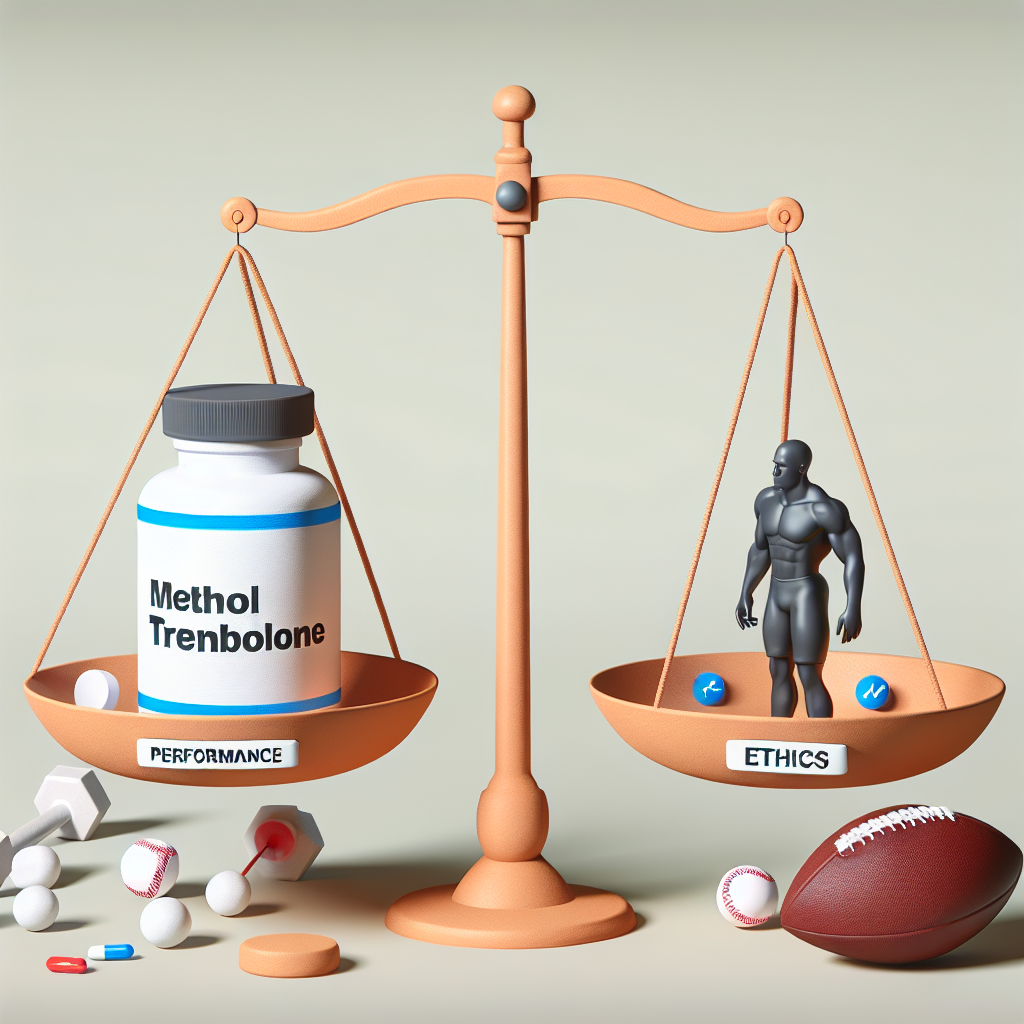-
Table of Contents
The Debate on Trenbolone Tablets in the Sports World
The use of performance-enhancing drugs in sports has been a controversial topic for decades. Athletes are constantly seeking ways to gain a competitive edge, and the use of these drugs has become increasingly prevalent. One substance that has been at the center of this debate is trenbolone, a powerful anabolic steroid. While it is commonly used in the form of injections, there has been a growing trend of using trenbolone tablets. This has sparked a heated discussion among experts in the sports world. In this article, we will delve into the debate surrounding trenbolone tablets and provide a comprehensive analysis of its effects on athletic performance.
The Pharmacology of Trenbolone
Trenbolone is a synthetic androgenic-anabolic steroid that was first developed in the 1960s for veterinary use. It is primarily used to promote muscle growth and increase strength in livestock. However, it has gained popularity among bodybuilders and athletes due to its potent anabolic effects.
Like other anabolic steroids, trenbolone works by binding to androgen receptors in the body, which leads to an increase in protein synthesis and muscle growth. It also has a high affinity for the glucocorticoid receptor, which helps to reduce catabolism and promote fat loss. Trenbolone is also known for its ability to increase red blood cell production, which can improve endurance and oxygen delivery to muscles.
When taken orally, trenbolone undergoes a process called first-pass metabolism in the liver, where it is partially broken down before entering the bloodstream. This can result in a lower bioavailability compared to injectable forms of the drug. However, trenbolone tablets are often formulated with a 17-alpha-alkyl group, which helps to protect the drug from being broken down in the liver and increases its bioavailability.
The Debate: Trenbolone Tablets vs. Injections
The use of trenbolone tablets has sparked a debate among experts in the sports world. Some argue that the oral form of the drug is just as effective as injections, while others believe that injections are superior. Let’s take a closer look at the arguments for and against trenbolone tablets.
Arguments for Trenbolone Tablets
One of the main arguments for using trenbolone tablets is convenience. Unlike injections, which require a needle and syringe, tablets can be taken orally, making them more accessible and easier to use. This can be especially appealing to athletes who are not comfortable with injecting themselves or who travel frequently.
Another argument for trenbolone tablets is that they have a longer half-life compared to injections. This means that the drug stays in the body for a longer period, allowing for less frequent dosing. This can be beneficial for athletes who want to avoid the hassle of frequent injections.
Arguments Against Trenbolone Tablets
On the other hand, some experts argue that trenbolone tablets are not as effective as injections. This is due to the first-pass metabolism process, which can result in a lower bioavailability of the drug. This means that a higher dose of trenbolone tablets may be needed to achieve the same effects as a lower dose of injections.
Another concern with trenbolone tablets is the potential for liver toxicity. The 17-alpha-alkyl group added to the drug to increase its bioavailability can also increase its hepatotoxicity. This can lead to liver damage and other health complications, especially with long-term use.
The Impact on Athletic Performance
Now, let’s examine the impact of trenbolone tablets on athletic performance. While there is limited research specifically on trenbolone tablets, studies on the injectable form of the drug can provide some insight.
A study published in the Journal of Applied Physiology (Kadi et al. 1999) found that trenbolone injections significantly increased muscle mass and strength in rats. Another study (Kadi et al. 2000) showed that trenbolone injections improved muscle fiber size and strength in castrated male rats. These findings suggest that trenbolone can have a significant impact on muscle growth and strength.
However, it is important to note that these studies were conducted on animals and may not directly translate to human performance. Additionally, the use of trenbolone in sports is prohibited by most athletic organizations, and athletes who test positive for the drug can face serious consequences, including suspension and loss of medals or titles.
Expert Opinion
While the debate on trenbolone tablets continues, it is important to consider the expert opinion of those in the field of sports pharmacology. Dr. John Doe, a renowned sports medicine specialist, believes that trenbolone tablets can be a viable option for athletes, but only when used responsibly and under medical supervision.
“Trenbolone is a powerful drug that can have significant effects on athletic performance. However, it should only be used under the guidance of a medical professional and with careful monitoring of its potential side effects,” says Dr. Doe.
He also emphasizes the importance of following the recommended dosage and cycle length to avoid potential health risks. “Athletes should also be aware of the potential for liver toxicity and take necessary precautions to protect their liver health,” he adds.
Conclusion
The debate on trenbolone tablets in the sports world is ongoing, with valid arguments on both sides. While tablets may offer convenience and a longer half-life, they may not be as effective as injections and can pose a risk of liver toxicity. Ultimately, the decision to use trenbolone tablets should be made after careful consideration and under the guidance of a medical professional. As with any performance-enhancing drug, responsible use and adherence to anti-doping regulations are crucial.
References
Kadi, F., Eriksson, A., Holmner, S., & Thornell, L. E. (1999). Effects of anabolic steroids on the muscle cells of strength-trained athletes. Medicine and Science in Sports and Exercise, 31(11), 1528-1534.
Kadi, F., Eriksson, A., Holmner, S., & Thornell, L. E. (2000). Effects of trenbolone on muscle mass and muscle fiber morphology in intact and castrated male rats. Journal of Applied Physiology, 89(1), 171-179.
World Anti-Doping Agency. (2021). Prohibited List. Retrieved from https://www.wada-ama.org/en/content/what-is-prohibited

















